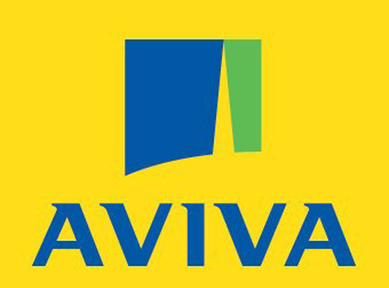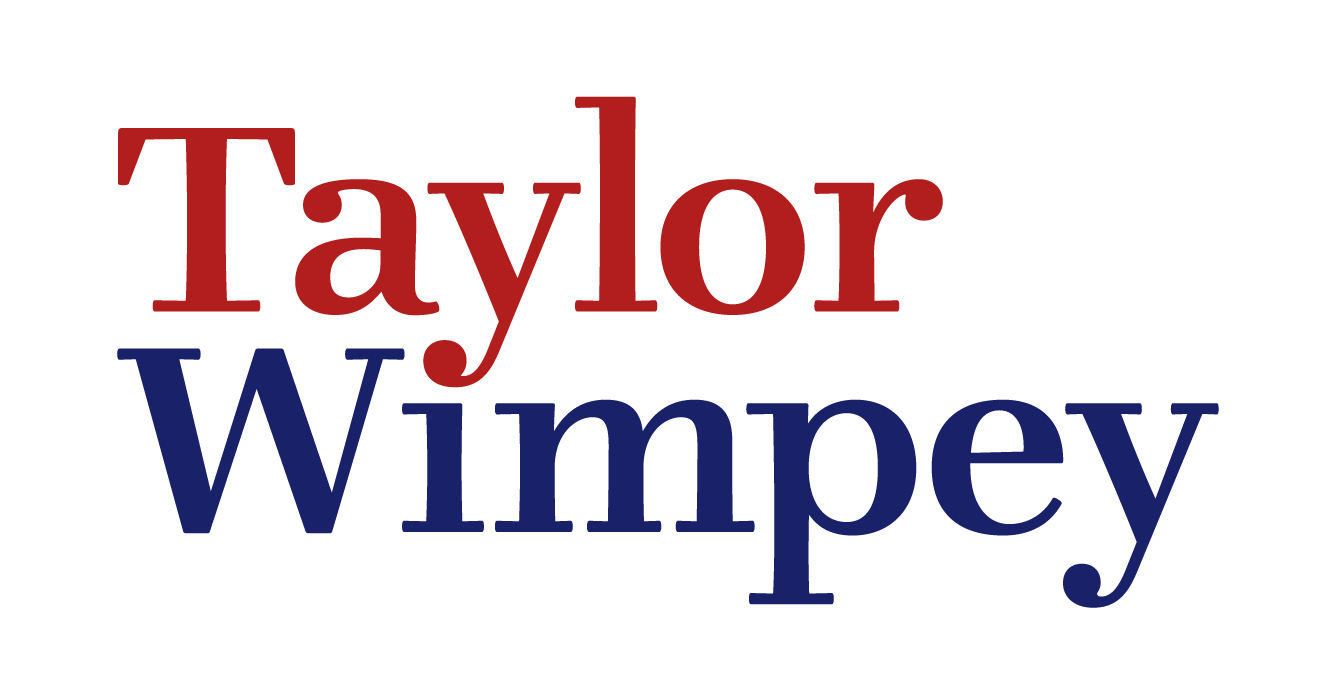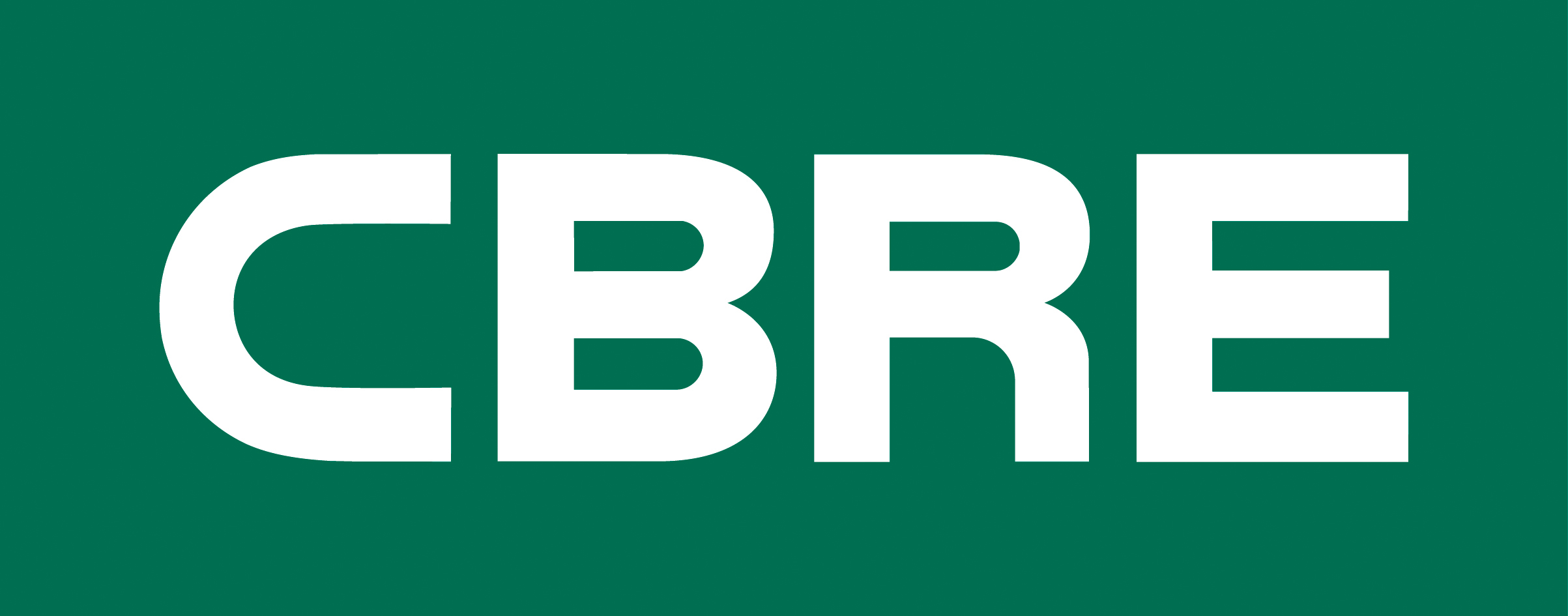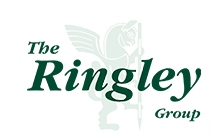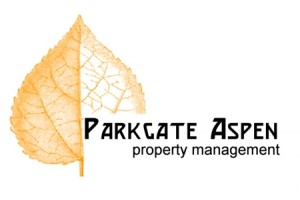If a driver parks on your land and you have displayed our warning signs correctly, the driver is entering into a contract with you. If they break your parking rules they are 'in breach of contract'.
Parking charge notices are a request for a payment when there has been a clear breach of contract between a landowner(or parking enforcement company) and a driver. Parking charge notices are issued under the terms and conditions set out on the signs. The signs must be displayed in clear and prominent places. If a motorist cannot read the signs because they are inadequate, badly positioned or blocked from view then legally they have not entered into a contract and the parking charge notice is not enforceable.
The reason it is called a 'parking charge notice' is to avoid confusion with other charges that the local authority issues(for example, parking fines). Parking charge notices are only issued on private property.
The parking charge notice is not a 'parking fine', it is an invoice for a claim of breach of contract. To make the claim, the landowner or parking enforcement company must know the identity of the driver and be able to prove in court that they had a valid contract with the driver.
The parking charge notice is sent to the registered keeper of the vehicle. If the registered keeper was not driving, they have to say who the driver was.
Since 1 October 2012, an independent appeals service allows motorist to appeal to a third party ombudsman when an appeal has been turned down by the parking enforcement company.
Under contract law there has to be an 'offer' and an 'acceptance'. The landowner or private parking firm 'offers' parking under the terms displayed on the warning signs. By reading the terms, a motorist has 'accepted' the offer and must keep to the terms.
If a motorist breaks the parking contract, then the landowner or parking enforcement company can apply to the DVLA for the registered keeper's details.






